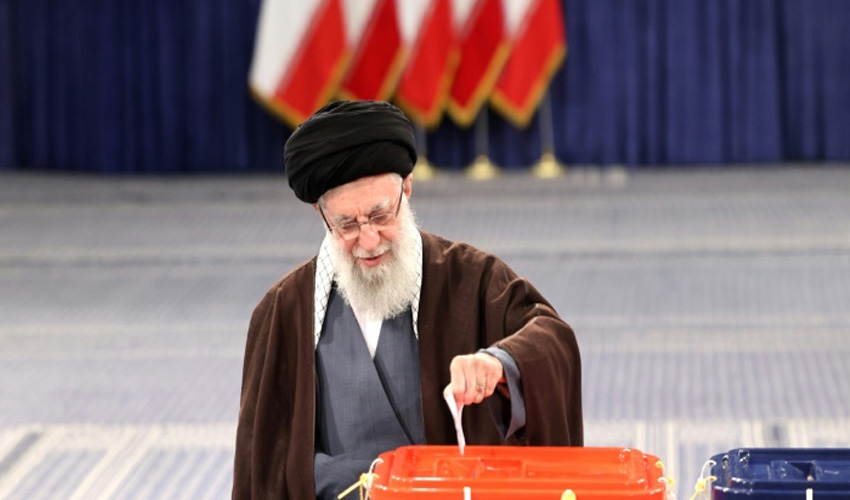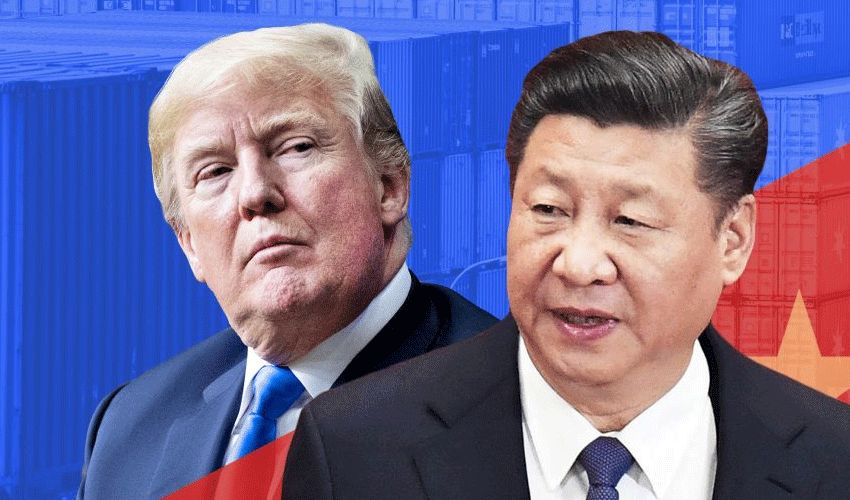In a pivotal moment for Iran's political landscape, citizens across the nation took to the polls today to cast their votes in parliamentary and Assembly of Experts elections.
However, the anticipated low turnout signals a brewing discontent among the populace amidst economic hardships and restricted civil liberties.
Conservative and hardline candidates are poised to secure a majority in the parliamentary election, reflecting the limited choices presented to voters, with reformist voices notably absent from the ballot. This election serves as a crucial gauge of public sentiment following the wave of anti-government protests that swept the nation in 2022-2023, marking a significant test for the ruling establishment.
Supreme Leader Ayatollah Ali Khamenei, among the first to cast his vote, emphasized the importance of participation, urging Iranians to exercise their civic duty. However, scenes from polling stations in Tehran depicted a lackluster turnout, underscoring widespread disillusionment with the political process.
The economic landscape remains dire, with Iran grappling with the weight of Western sanctions and regional conflicts. The ongoing nuclear program tensions and involvement in regional conflicts have exacerbated the nation's economic woes, further fueling public frustration.
Experts predict a record low turnout, echoing sentiments of disenchantment and disillusionment among Iranians. The dearth of viable candidates representing diverse perspectives has compounded feelings of alienation, particularly among those advocating for substantial change within the political establishment.
The concurrent election for the Assembly of Experts, responsible for appointing and overseeing the supreme leader, carries profound implications for Iran's future trajectory. With speculations surrounding Khamenei's succession, the composition of this assembly holds significant weight in shaping the nation's leadership dynamics.
Analysts highlight the disconnect between the ruling elite and the populace, emphasizing the prevailing sense of disengagement among segments of society. Economic grievances, coupled with a perceived lack of political representation, have contributed to widespread apathy towards the electoral process.
As polling places remain open until late evening, initial election results are anticipated to shed light on the prevailing political currents within Iran. However, the broader implications of today's elections on the nation's future remain uncertain amidst the backdrop of economic turmoil and political disillusionment.


























